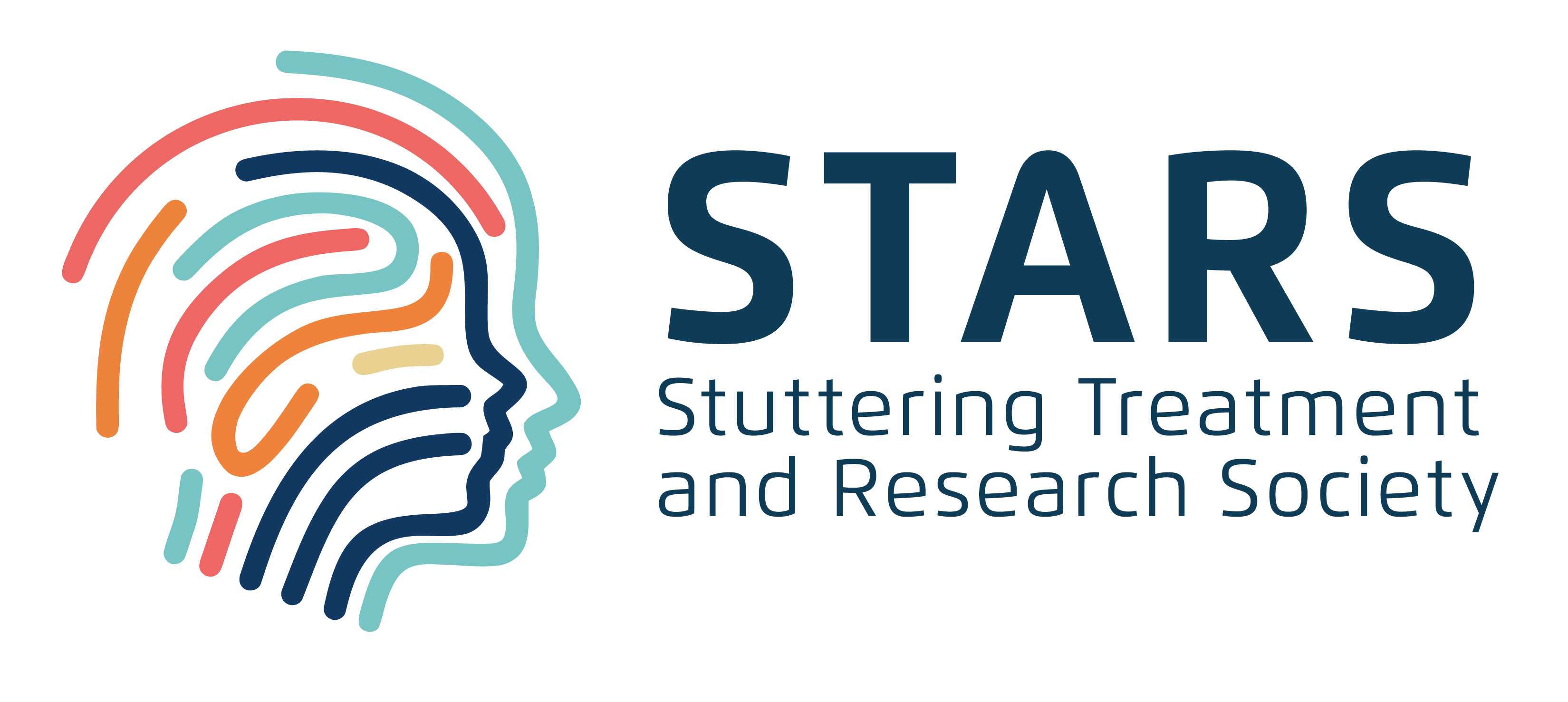
Rethinking Treatment Approaches for Stuttering

Because stuttering represents a spectrum disorder, a spectrum of treatments are needed.
CONFERENCE REPORTER
“I've been on pharmacologic treatment for the past 3 years, and it's totally changed the way that I've been able to communicate,” Samuel B. told Psychiatric Times during an exclusive interview at the
Sam, who serves on the STARS advisory committee, is currently a graduate student at Columbia University, where he is required to speak in groups and give presentations.
“I went to undergrad business school at the University of Michigan, where I studied at the Ross School of Business, which is super practicum- and capstone-based in the sense that there's a bunch of cold calling and participation grades, and teamwork and lectures and presentations,” he said.
“After undergrad business school, I was a consultant, where I had to present to clients about complex profit and revenue management operations,” he added. “As any person who stutters knows, it's constant stress.”
Things changed after meeting STARS founder
“It’s been life-changing,” Sam told Psychiatric Times. “Since starting treatment three years ago, I've seen a huge increase in my fluency and performance, and confidence in presenting and interviews. And I've seen a much better outlook in my career opportunities and academic experience.”
Although stuttering appears in DSM-5, there are currently no FDA-approved medications for the treatment of stuttering. Speech pathology therapy, cognitive-behavioral therapy, and other therapies are generally recommended to patients. Clinicians like Maguire sometimes look to psychopharmacological agents to use off-label to better support patients.
“It's challenging for people who stutter to get those prescriptions because most physicians don't really know about it, and they might not want to prescribe it,” Sam said. “I think the push towards an on-label drug for stuttering, specifically, is definitely the next step, and it's something that STARS is really committed to doing.”
Ultimately, Sam believes in the multidisciplinary approach to addressing stuttering, especially since stuttering appears to be a spectrum disorder. “There are different treatments for different individuals that work,” he said. “For some individuals, you need multiple treatments, a holistic approach to treating stuttering. It's not just going to be pharmacologic treatment, or it's not just going to be speech therapy or talk therapy. It's probably a mixture of all of them. And it’s different for each individual.”
References
1. Sam B. Voices of the Stuttering Community—A Primer for Researchers and Healthcare Professionals.
2. Bharadwaj A, Andrade C.
Newsletter
Receive trusted psychiatric news, expert analysis, and clinical insights — subscribe today to support your practice and your patients.







